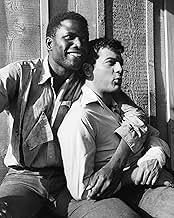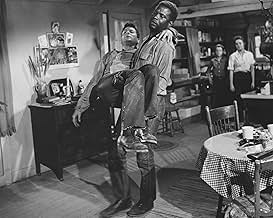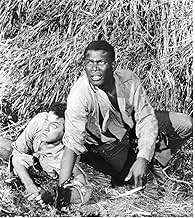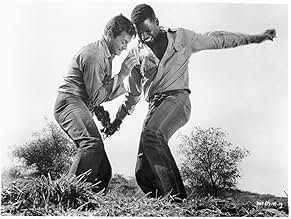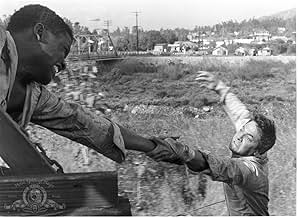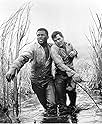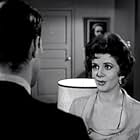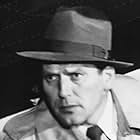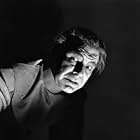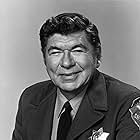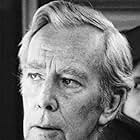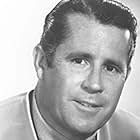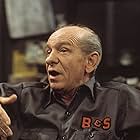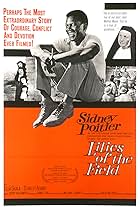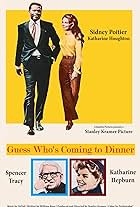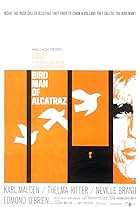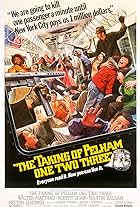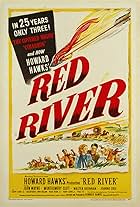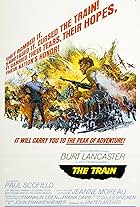Two chained-together escaped convicts, one White and one Black, must learn to get along in order to elude capture.Two chained-together escaped convicts, one White and one Black, must learn to get along in order to elude capture.Two chained-together escaped convicts, one White and one Black, must learn to get along in order to elude capture.
- Won 2 Oscars
- 16 wins & 21 nominations total
Lon Chaney Jr.
- Big Sam
- (as Lon Chaney)
Carl 'Alfalfa' Switzer
- Angus
- (as Carl Switzer)
Joe Brooks
- Townsman
- (uncredited)
Jack Clinton
- Townsman
- (uncredited)
Jimmy Dime
- Townsman
- (uncredited)
Clem Fuller
- Search Party Member
- (uncredited)
Mickey Golden
- Search Party Member
- (uncredited)
- Director
- Writers
- All cast & crew
- Production, box office & more at IMDbPro
Storyline
Did you know
- TriviaThe young man with the transistor radio is played by Our Gang/The Little Rascals graduate Carl 'Alfalfa' Switzer in his final screen appearance before his untimely death in a shooting incident.
- GoofsTwice they are soaked to the skin in water and mud, but come up with dry cigarettes and matches.
- Quotes
Noah Cullen: I ain't gettin' mad, Joker. I been mad all my natural life.
- ConnectionsFeatured in Precious Images (1986)
- SoundtracksLong Gone
Adapted from "Long Gone (From Bowlin' Green)" (1920)
Music by W.C. Handy (as William C. Handy)
Words by Chris Smith
Sung a cappella by Sidney Poitier (uncredited) several times
Featured review
Opposite characters doomed to each other by handcuffs is an old theme in movies that goes back to at least "The 39 steps" (1935, Alfred Hitchcock). In that film the opposites where man and woman, in "The defiant ones" it is black and white. By taking racism as its subject the film is very liberal in a time that the civil rights issue was firm on the political agenda.
The film thanks a lot to its two main characters. In the first place Sidney Poitier as Noah Cullen. Poitier was the only black star actor of its time and was frequently cast in a film wit racism as its subject. Think of films such as "In the heat of the night" ( 1967, Norman Jewison) and "Guess who's coming to dinner" (1967, Stanley Kramer). This type casting can be interpreted as a sort of racism of its own kind.
Even more striking is the performance of Tony Curtis as John Jackson. In the beginning he was casted as the handsome guy. The year before "The defiant ones" he had proven with "Sweet smell of success" (1957, Alexander Mackendrick) that he was capable of serious acting too.
Director Stanley Kramer has the image of being more or less a moralist. In his films the social engagement is sometimes a bit to explicit. Apart from the earlier mentioned "Guess who is coming to dinner" (1967) one can think of films such as "Inherit the wind" (1960) and "Judgement at Nuremberg" (1961). In "The defiant ones" there is the right mix between social engamement, action and a sultry form of eroticism. In this respect the film has much in common with "In the heat of the night" ( 1967, Norman Jewison).
The film thanks a lot to its two main characters. In the first place Sidney Poitier as Noah Cullen. Poitier was the only black star actor of its time and was frequently cast in a film wit racism as its subject. Think of films such as "In the heat of the night" ( 1967, Norman Jewison) and "Guess who's coming to dinner" (1967, Stanley Kramer). This type casting can be interpreted as a sort of racism of its own kind.
Even more striking is the performance of Tony Curtis as John Jackson. In the beginning he was casted as the handsome guy. The year before "The defiant ones" he had proven with "Sweet smell of success" (1957, Alexander Mackendrick) that he was capable of serious acting too.
Director Stanley Kramer has the image of being more or less a moralist. In his films the social engagement is sometimes a bit to explicit. Apart from the earlier mentioned "Guess who is coming to dinner" (1967) one can think of films such as "Inherit the wind" (1960) and "Judgement at Nuremberg" (1961). In "The defiant ones" there is the right mix between social engamement, action and a sultry form of eroticism. In this respect the film has much in common with "In the heat of the night" ( 1967, Norman Jewison).
- frankde-jong
- Dec 2, 2019
- Permalink
- How long is The Defiant Ones?Powered by Alexa
Details
- Release date
- Country of origin
- Language
- Also known as
- Fuga en cadenas
- Filming locations
- Kern County, California, USA(crossing the river)
- Production companies
- See more company credits at IMDbPro
Box office
- Budget
- $778,000 (estimated)
- Runtime1 hour 36 minutes
- Color
Contribute to this page
Suggest an edit or add missing content




